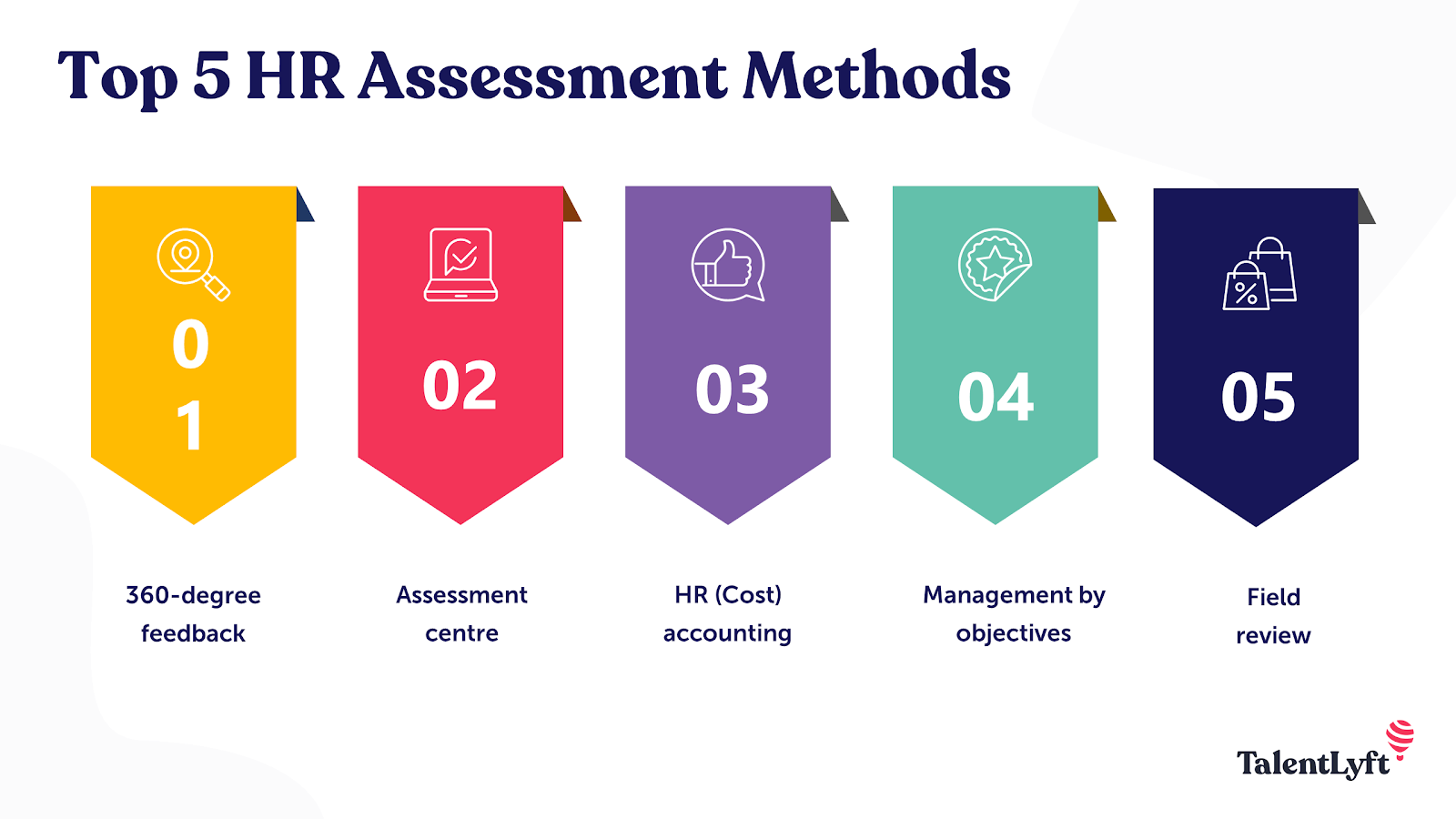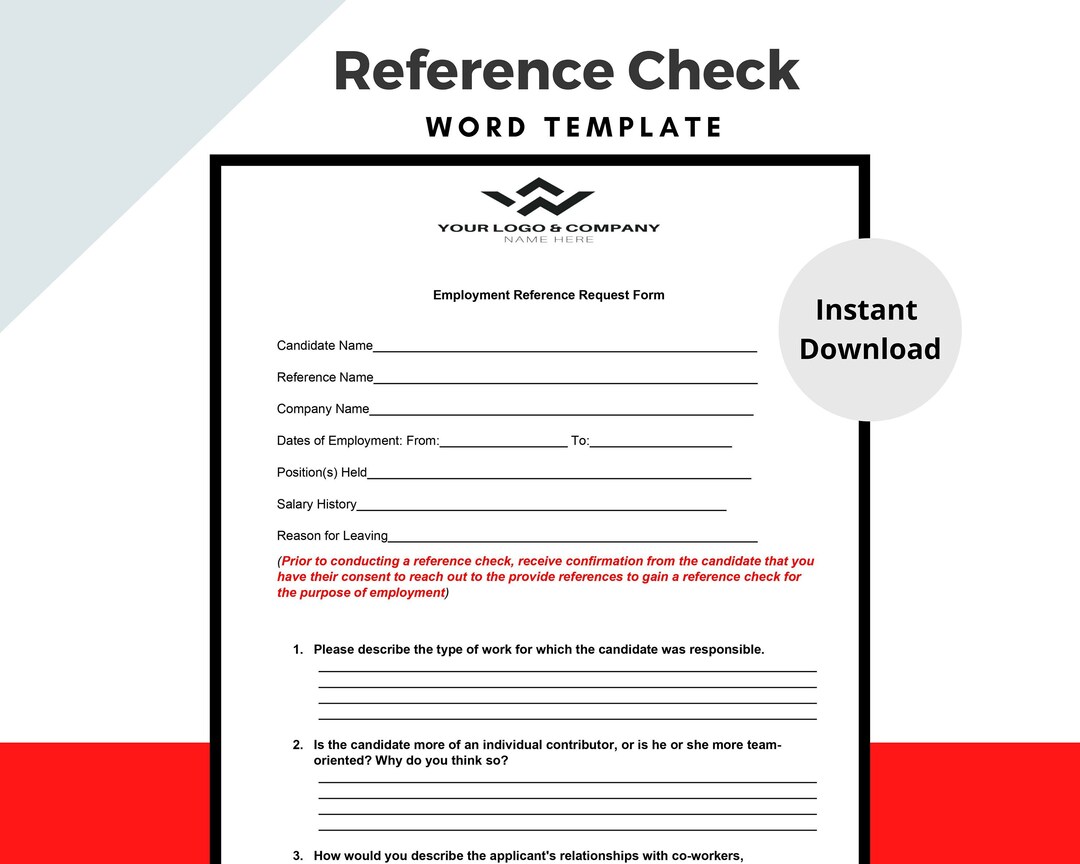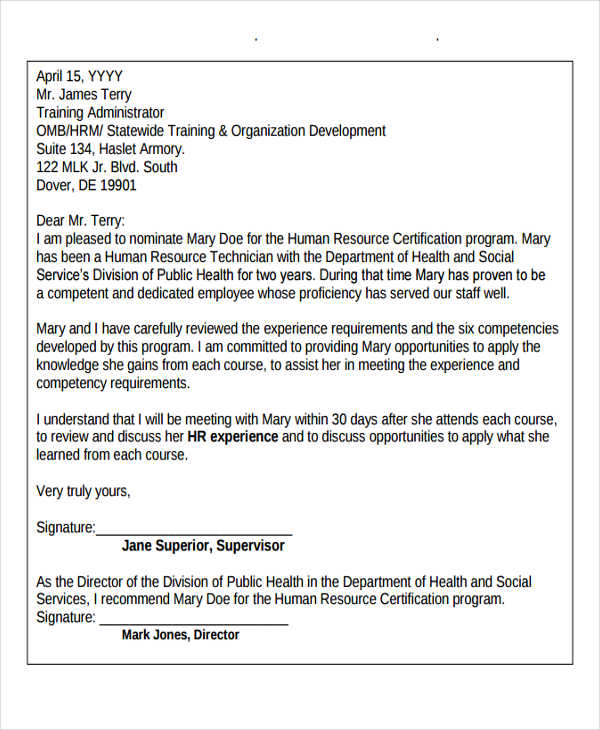Great Info About Can I Use HR As A Reference

5 Most Used HR Assessment Methods In 2020 Talentlyft
Can I Use HR as a Reference? Let's Decode This!
1. Navigating the Reference Check Maze
So, you're gearing up for a new job and the reference request looms. You've got a stellar resume, aced the interviews, and now it's time to prove you are, indeed, as awesome as you've claimed. A crucial question pops up: Can I use HR as a reference? It seems like a simple yes or no, but like most things in the world of employment, it's a little more nuanced than that.
Think of HR as the organizational memory bank. They hold employment records, verify dates of service, and often have a standardized process for reference requests. This makes them a potentially reliable source for factual information. But, and this is a big but, their ability to provide a personal assessment of your work ethic, skills, and overall contributions is often limited. They werent necessarily your direct supervisor, involved in day-to-day projects, or privy to your specific achievements. They might know you existed, but do they really know you? That's the key question.
Most companies have a policy regarding what HR can and cannot disclose. Many are instructed to only verify employment dates, job title, and sometimes salary. This is to avoid potential legal issues arising from subjective evaluations. So, while HR can technically be a reference, it's essential to understand the limitations. Are they allowed to say anything beyond the bare minimum? If not, you might be better off choosing someone else who can sing your praises a little louder.
Essentially, it's a matter of strategy. If you're in a bind and need a quick verification of your employment history, HR can be a lifesaver. But if you're looking for someone to vouch for your awesomeness and paint a vivid picture of your skills and accomplishments, you'll likely want to look elsewhere. Let's delve deeper into the whens, whys, and hows of using HR as a reference.
Quando E Como Incluir Referências No Currículo · Onlinecurriculo
Understanding HR's Role in References
2. More Than Just Paperwork Pushers
HR, often seen as the gatekeepers of company policy, can be valuable in certain reference scenarios. They're great for verifying your tenure at a company start and end dates are their bread and butter. They also confirm your job title, which can be especially helpful if you've had multiple roles within the same organization.
However, remember that HR's primary focus is on compliance and protecting the company. They aren't typically in a position to provide detailed insights into your day-to-day performance, your collaboration skills, or your problem-solving abilities. Their responses are often carefully worded and standardized to minimize any potential liability for the company. It's a professional tightrope walk, really.
Imagine it like this: HR is the library, holding all the official records. Your former manager, on the other hand, is the book reviewer, offering a more in-depth analysis and personal perspective. You need both the facts and the opinion but depending on the situation, one might be more valuable than the other.
Consider the potential employer's perspective too. Are they simply looking to confirm your employment history, or are they seeking a deeper understanding of your skills and personality? If it's the former, HR might suffice. But if it's the latter, you'll need to provide references who can offer a more nuanced and compelling testimonial. Dont put all your eggs in one HR basket!

Choosing The Best HR Reference Checking Software VITAY
When HR Might Be Your Best (or Only) Option
3. Sometimes, Necessity is the Mother of Reference Choices
Let's be honest, sometimes you don't have a plethora of glowing references lining up to sing your praises. Perhaps you left a company on less-than-stellar terms with your immediate supervisor. Or maybe your manager has moved on to another company or is simply unreachable. In these situations, HR might be your only option for verification.
Also, many larger corporations have strict policies requiring all reference requests to go through HR. This ensures consistency and avoids potential legal issues. So, if you worked for a behemoth of a company, chances are HR is the designated point of contact, whether you like it or not. It's just the nature of the corporate beast.
If HR is your only available reference, take steps to maximize its effectiveness. Before listing them, contact HR and inquire about their policy on providing references. Ask what information they are typically authorized to disclose. This will help you manage expectations and potentially prepare them with specific details that might jog their memory.
Consider phrasing your reference request to the potential employer in a way that acknowledges the limitations of HR as a reference. For example, you could say, "Due to company policy, I've provided HR as a reference for verification of my employment dates and job title. For a more detailed assessment of my skills and accomplishments, I'd be happy to provide examples of my work and contact information for former colleagues who can speak to my contributions." Honesty and transparency can go a long way.

Reference Check HR Template Applicant Form Candidate
Who Else Can You Tap as a Reference?
4. Beyond the Boss
Okay, so HR might not be the ideal reference in every situation. Who else can you turn to? The obvious choice is your former manager, assuming you had a positive working relationship. A good manager can provide specific examples of your contributions, highlight your strengths, and offer valuable insights into your work ethic.
But don't limit yourself to just your manager. Consider colleagues you worked closely with, especially those who witnessed your skills firsthand. A coworker can speak to your teamwork abilities, your communication skills, and your problem-solving prowess. They can also provide a different perspective than your manager, offering a more well-rounded picture of your capabilities.
Clients and vendors can also be excellent references, especially if you had a direct impact on their business. A satisfied client can vouch for your customer service skills, your ability to deliver results, and your overall professionalism. A vendor can speak to your collaboration skills, your negotiation abilities, and your ability to manage projects effectively.
And don't forget about professors or mentors from your academic past. If you're early in your career, a professor can speak to your work ethic, your intellectual curiosity, and your ability to learn and grow. A mentor can offer insights into your character, your leadership potential, and your overall professional development. The key is to choose references who can provide relevant and positive feedback that aligns with the requirements of the job you're seeking. Think quality over quantity!

Free HR Reference Letter Template
Preparing Your References for Success
5. Set Them Up for a Glowing Review
Regardless of who you choose as your reference, it's crucial to prepare them for the call. Don't just assume they remember every detail of your time working together. Provide them with a copy of your resume, a brief description of the job you're applying for, and a list of key accomplishments from your previous role. This will help them tailor their responses to the specific requirements of the position.
Also, give your references a heads-up that they might be contacted. This allows them to mentally prepare and gather their thoughts. It also shows them the courtesy they deserve for taking the time to help you out. A simple email or phone call is all it takes to make them feel appreciated and prepared.
Ask your references specifically what they feel comfortable speaking to. Some people might be hesitant to discuss certain aspects of your performance, while others might be happy to share their insights. Understanding their comfort level allows you to manage expectations and avoid any awkward surprises during the reference check.
Finally, thank your references for their time and effort. A simple thank-you note or email goes a long way in showing your appreciation. And if you land the job, be sure to let them know! They'll be thrilled to hear about your success and know that their contribution played a part in it. Remember, references are not just a formality; they're valuable allies in your job search. Treat them with respect and appreciation, and they'll be more likely to go the extra mile for you.

FAQ
6. Your Burning Questions Answered
Still have questions about using HR as a reference? Let's tackle some common queries:
Q: What if my company has a strict "no reference" policy beyond confirming employment?
A: This is becoming increasingly common. In this case, focus on gathering references from former colleagues, supervisors, or even clients who can speak to your skills and contributions. Explain to the prospective employer that due to company policy, HR can only verify employment details, but you've provided alternative references who can offer a more comprehensive assessment.
Q: How far back should my references go? Is it weird to use someone from 10 years ago?
A: Ideally, your references should be from your most recent roles, within the last 5-7 years. However, if you had a particularly strong relationship with someone from further back, and their experience is relevant to the job you're applying for, it might be worth considering. Just be sure to refresh their memory and provide them with context about your current career trajectory.
Q: What if I left my last job on bad terms? Should I even bother with references?
A: This is a tricky situation. If possible, try to find references from previous roles where you had a positive experience. You could also focus on highlighting your accomplishments and skills during the interview process, and offer to provide work samples or portfolio pieces as evidence of your abilities. If you must provide a reference from the challenging job, prepare them for potential questions about your departure and focus on what you learned from the experience.